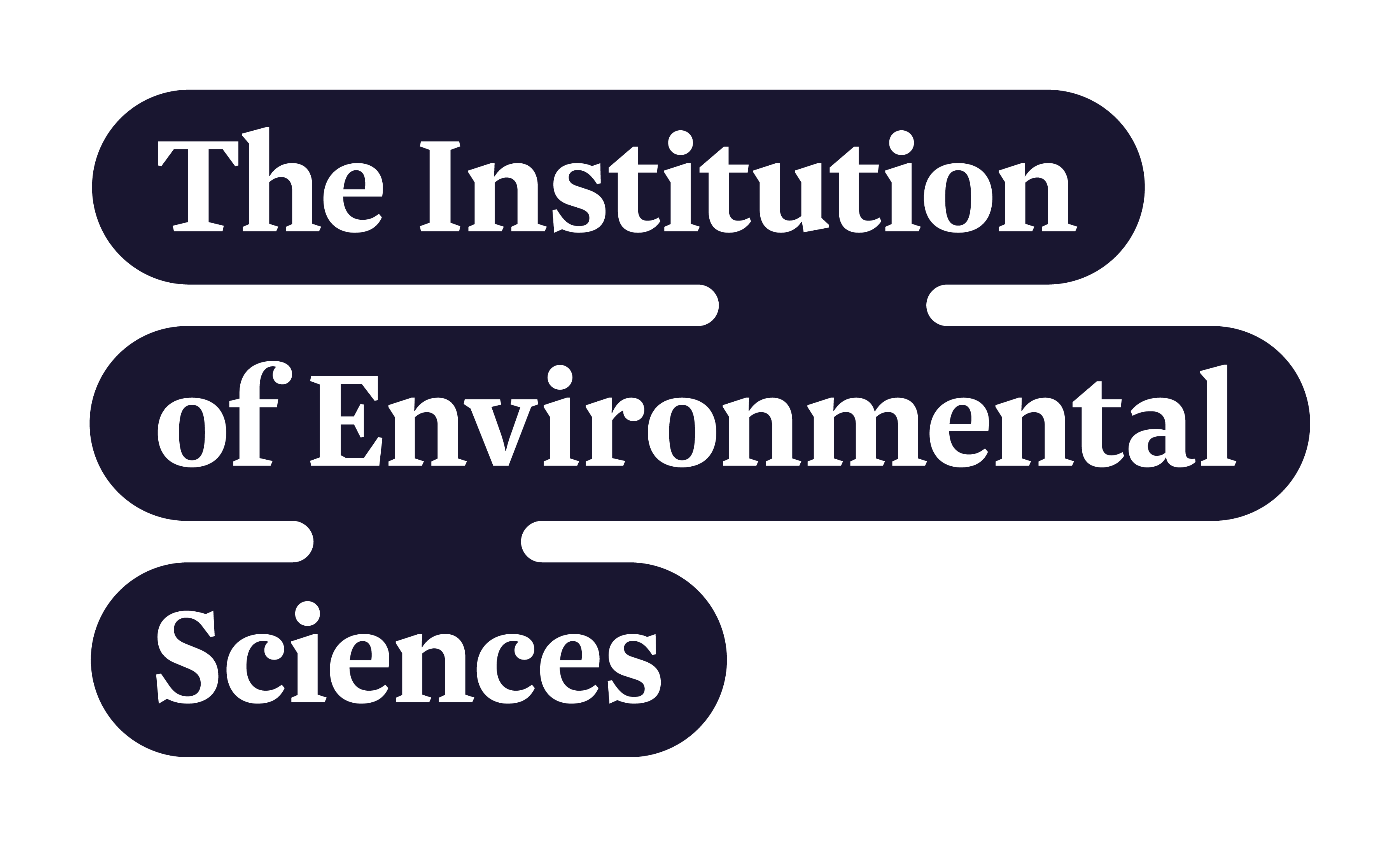Reasons to be hopeful at the end of 2016
2016 has been a strange year for just about everyone. The environment has, admittedly, had a few setbacks, with concerns around what Brexit may mean for the sector and the election to the White House of a candidate who thinks climate change is “a hoax”.
But across the scarred environmental landscape of 2016, a few beacons of light have shone through. Here, the IES team pick some reasons to be cheerful at the end of this tumultuous year.
Greener UK – a unified voice for the environment
In her 2016 Burntwood Lecture, Baroness Parminter spoke eloquently of the need for the environmental sector to unite and speak with a coordinated voice if we are to successfully tackle the major environmental and political challenges we now face. Early in December, positive steps were taken in this direction, when 13 environmental organisations with a combined membership of almost 8 million people, formed the coalition Greener UK.
Environmentalism is no longer a minority interest in the UK. A YouGov poll recently revealed that 80% of British adults think that the UK should have the same or stronger environmental protection after leaving the EU. Surely these statistics are cause for hope, and the formation of a strong, organised coalition to voice these views and make the case for the environment is a positive step. In a letter announcing their launch, Greener UK argue that leaving the EU presents significant challenges, but also opportunities for the environment, which the Government must now act on. The coalition has also organised an MPs’ Pledge for the Environment, which currently has 172 signatories from across the House of Commons.
The fifth carbon budget and ratification of the Paris Agreement
After the success of COP21 in 2015, and the global will mobilised behind the Paris Agreement, 2016’s COP in Marrakesh was always likely to seem somewhat anti-climactic. However, after the headlines comes the real work of pushing from aspiration to implementation of the ambitious targets. As such, it was very welcome to see the UK Government become the 111th country to ratify the Paris Agreement on 17th November, to coincide with the Marrakech summit.
The UK played a significant role in brokering the ambitious deal agreed in Paris. Although recent signals from domestic climate and energy policy have been less positive, it is pleasing to see the Government’s commitment to this global agenda reaffirmed. Earlier in the year, the Committee on Climate Change’s recommendations for the fifth carbon budget – that UK greenhouse gas emissions should be reduced by 57% relative to 1990 levels in 2030 – was accepted by the Government. Now we must see this ambition reflected in other policy areas, in order to deliver on these welcome and ambitious commitments.
Robert Ashcroft
EU Nature Directives declared “fit for purpose”
December saw a huge win for conservationists in Europe. Since the 2014 appointment of Jean-Claude Juncker as President of the European Commission, a review of the Nature Directives has been underway. These Directives protect over a thousand plant and animal species across the EU. The Juncker Commission is pursuing a ‘Better Regulation’ agenda, and expressed a desire to reduce the financial and administrative impact that these laws had on businesses, which left conservationists, environmentalists and the public extremely concerned about the consequences of such an action.
But the public rallied, and alongside a campaign by 100 British conservation groups, a record number of 550,000 people responded in an online opinion poll, with 94% asking for the laws to be left alone. Earlier this month, following a lengthy ‘fitness check’, the laws were officially declared “fit for purpose”. With post-Brexit environmental angst rising, this news gives a reason to hope that British politicians and public can work together ensure the protection of our wildlife.
Coal giant Drax moving towards more renewable energy
Britain’s largest power station operator Drax is paving the way for sustainable, renewable energy. In 2014, Drax was awarded a renewable energy subsidy from the government to turn one of the units of its large North Yorkshire coal-fired power station over to biomass. However, this began a two-year investigation by the European Commission, who were concerned that estimates of the converted plant’s performance were not accurate. Finally, in December, the subsidy was approved. This news comes in a promising year for energy where coal use in the UK was at an all-time low, and low-carbon sources contributed to over half of all UK electricity.
Although biomass is a contentious subject among some environmentalists, who question whether it could be used on such a large scale without other negative environmental consequences, it is at the very least a step in the right direction towards a transition away from fossil fuels. The recent subsidy approval also induced a steep increase in share price – something which will hopefully encourage other large energy production companies to head in the renewables direction.
Michelle Reeve
Environmental aspirations in the rising developing countries
On 11th July 800,000 volunteers in India planted 49.3 million tree saplings over one 24 hour period. 80 different species of tree were planted alongside roads and railways and on public land. The saplings had been raised on local nurseries.
The effort was an early initiative to deliver on the commitments India made at the Paris Climate Conference. India has agreed to spend 6 billion dollars reforesting 12 per cent of its land.
The rising developing countries are regularly the subject of negative commentary on their environmental impact, but 2016 saw evidence that this picture is changing for China, India and Brazil. With the election of Trump, many analysts are predicting that China will now be the main force driving action on climate change on the global stage, an astonishing turnaround given its opposition to previous agreements.
Amongst the plethora of success stories emanating from the developing world, I chose the Indian example as it contains many elements of fantastic environmental initiatives: a coherent plan with scale and impact, benefits that tackle the project aim (carbon sequestration) but also produce co-benefits (air quality, prevention of erosion, biodiversity enhancement), and the involvement of communities in its delivery.
Politics has no place in science
In December the US Department of Energy refused the Trump transition team's request to name those who have worked on climate change within the department. A spokesperson said “We are going to respect the professional and scientific integrity and independence of our employees at our labs and across our department.”
Some analysts have suggested that Al Gore’s championing of climate issues has been disastrous in the United States as it has polarised climate change as an issue for the ‘left’. The refusal by the Department of Energy may indicate a line in the sand has been drawn and 2017 may be the year that science fights back against creeping politicisation.
As one protester’s sign succinctly put it: “Ice has no agenda, it just melts”.
Adam Donnan


